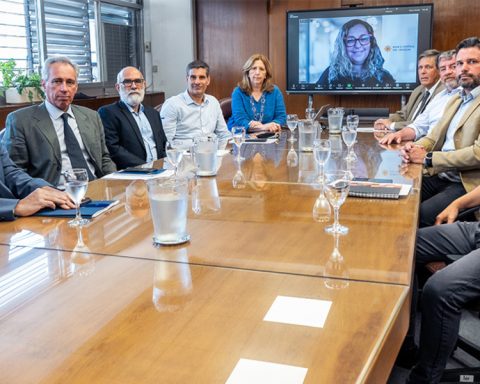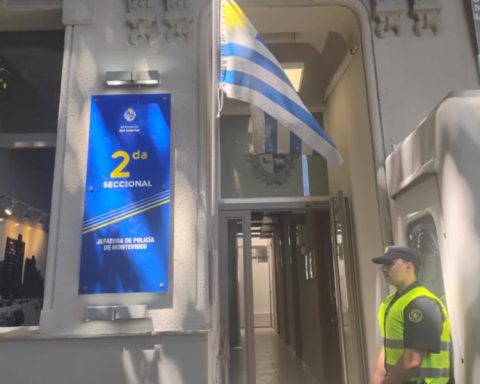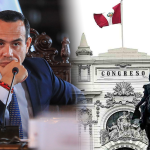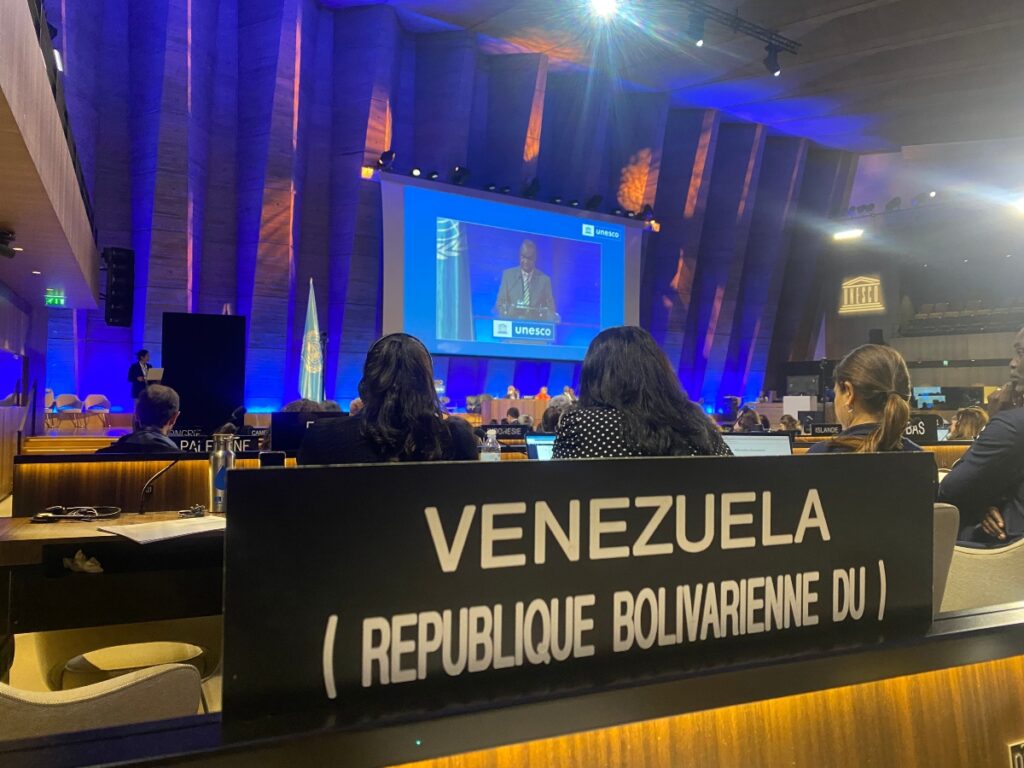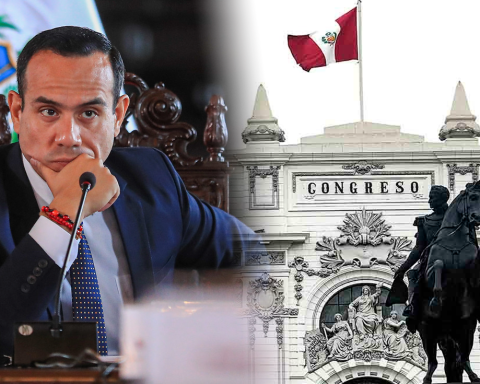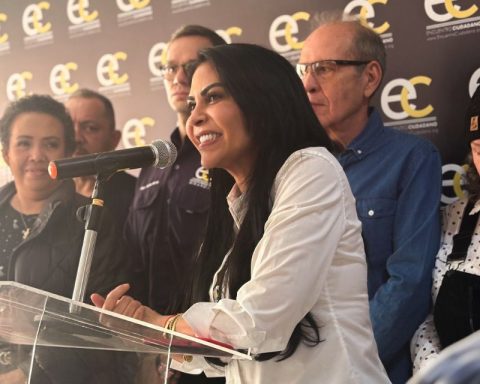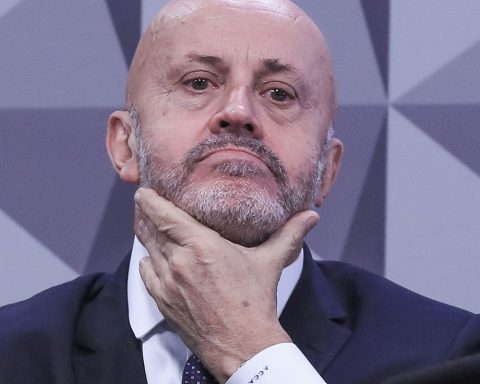Artistic projects will be financed for up to 7 million pesos
The Ministry of Education and Culture (MEC) presented yesterday Monday the 5th the call for the allocation of Cultural Incentive Funds (FIC) 2023, which will run until July 21. This tool makes it possible to subsidize artistic-cultural projects, with the contribution of companies that, by joining this mechanism, receive important tax benefits, while contributing to Uruguayan culture.
The ceremony, held in the Executive Tower, was attended by the Minister of Education and Culture, Pablo da Silveira; the national director of Culture, Mariana Wainstein; the vice president of the National Chamber of Commerce and Services, Anabela Aldaz; the president of the cultural movement Jazz a la Calle, Horacio Acosta, and the representative of the ITAÚ Uruguay bank, Lucía Cabanas.
The call, which takes place in August of each year, was brought forward for this edition, by virtue of the budget planning of the companies. In addition, there will be a longer deadline to submit applications: until July 21.
Unlike previous instances, in 2023 there will be no project limit for promoters and the maximum amounts will be increased. Visual arts initiatives; photography and design; performing arts and circus art; literary production and cultural publishing; museums and cultural spaces, and music, cultural and patrimonial tourism will receive contributions for its concretion for up to 3,600,000 pesos. Those in the audiovisual and videogame category, meanwhile, will be able to obtain up to 7,100,000 pesos in financing.
Da Silveira considered that the FICs are instruments that link the State with the world of culture and companies. The MEC receives proposals from artists interested in developing projects, which are financed through firms willing to support cultural initiatives. Then, the portfolio returns part of the money invested to the companies, through certificates that are presented to the General Tax Directorate (DGI), to deduct taxes for a significant part of the donation made, he explained.
“In this government, we believe a lot in cultural policies and we have a great desire to support the cultural sector,” said the minister, adding that the call is an instrument that represents the cultural policies of the 21st century.
